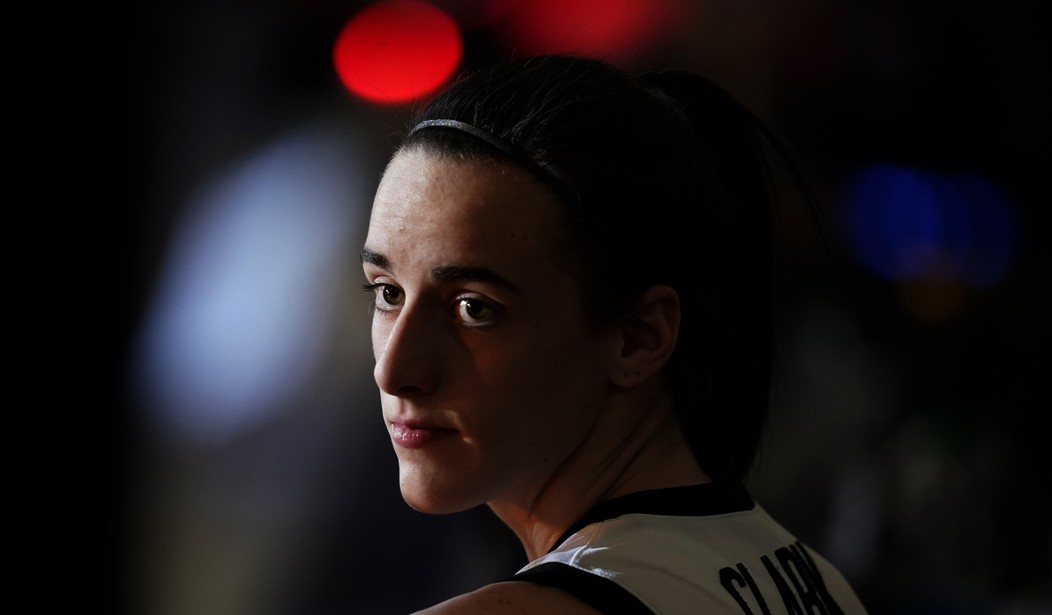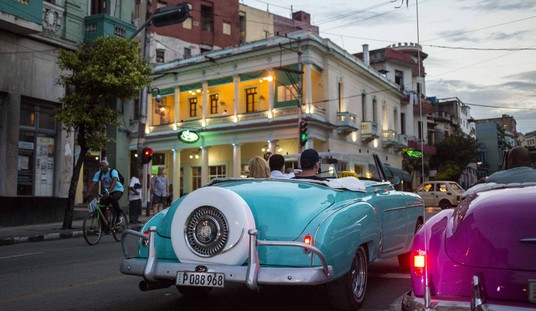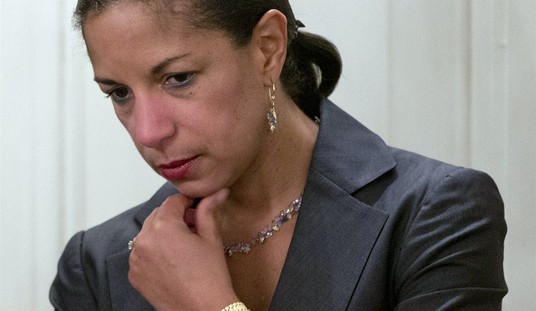Like me, you were probably highly disappointed with Caitlin Clark's comments about how her success was helped along by the presence of her "white privilege," but even as I saw them, I couldn't help but detect there was something more nefarious behind it, because when it comes to these kinds of lines, that's usually the case.
As Bonchie reported on Wednesday, Clark made TIME's "athlete of the year," and rightfully so. The WNBA is something that is usually the butt-end of sports jokes, but Clark's appearance suddenly gave the league weight. She was talented, she was entertaining, but she had a problem. She was white. In a league dominated by black women, the most talented player being Caucasian did not sit well with too many people, and outright racist attacks on Clark began.
That was just off the court. On the court, DiJonai Carrington looked like she intentionally attempted to hit her eye with her nails during a play. No foul was even called, and Carrington denied she intended to hurt Clark as she literally smirked and chuckled.
When it was announced that Clark was "athlete of the year," it was accompanied by Clark bending the knee and agreeing that she was, indeed, blessed with "white privilege," as Bonchie covered:
“I want to say I’ve earned every single thing, but as a white person, there is privilege,” she is quoted in the Time writeup. “A lot of those players in the league that have been really good have been Black players. This league has kind of been built on them."
"The more we can appreciate that, highlight that, talk about that, and then continue to have brands and companies invest in those players that have made this league incredible, I think it’s very important," she added. "I have to continue to try to change that. The more we can elevate Black women, that’s going to be a beautiful thing.”
Odd thing to say. Clark's white skin has made her a target of socio-political discussion and obvious bullying, and I fail to see what the privilege is in that. She was even passed over from being included in the 2024 Olympics despite her obvious skill over those who were invited.
How do you suffer all that and still say your white privilege is partly responsible for your success, when clearly it was your skill and talent?
Let's get down to brass tacks. What Clark said in the interview was said out of fear. Clark is surrounded by people who hate her, a media who hates her, players who hate her, and all because of her skin color and skill. The attention she's getting is far outside anything the WNBA typically gets. Most people who couldn't have named a single WNBA player to save their lives for the entirety of its existence know the name "Caitlin Clark."
Now she wins athlete of the year.
That's like the smart kid everybody picks on in class having to sit by as the teacher announces that he's her favorite student. That's a guaranteed beating on the playground.
I can't help but think Clark wouldn't feel the need to say this in a world where everyone was getting along, and her talents were appreciated for what they were without her skin being the center of attention. Clark, and her handlers, likely felt the need to say this in order to assuage the rage of fellow athletes, coaches, and officials of having to sit and watch as this white girl gets even more accolades.
Which leads me to ask a question. Does she really believe what she said? Did she look back on her accomplishments, her training, her talent, and think that it was given to her because she is white?
I doubt it. Not unless she's thoroughly brainwashed.
Regardless, this shows that racial bullying is a massive problem still. People are being forced to feel guilt for their skin color, and any accomplishments they made while being that color. You often hear about an issue of police pulling black people over just because, creating the mock crime "driving while black." Clark is equally guilty of a social crime; "succeeding while white."
I don't believe Clark means what she's saying. I don't think she actually believes it. I do think she has some love for her black teammates, as she very well should, and wants to share her glory with them, and indeed the rest of the players in the WNBA, but there's zero need to be racial about it. That part felt forced on her, and possibly coached.













